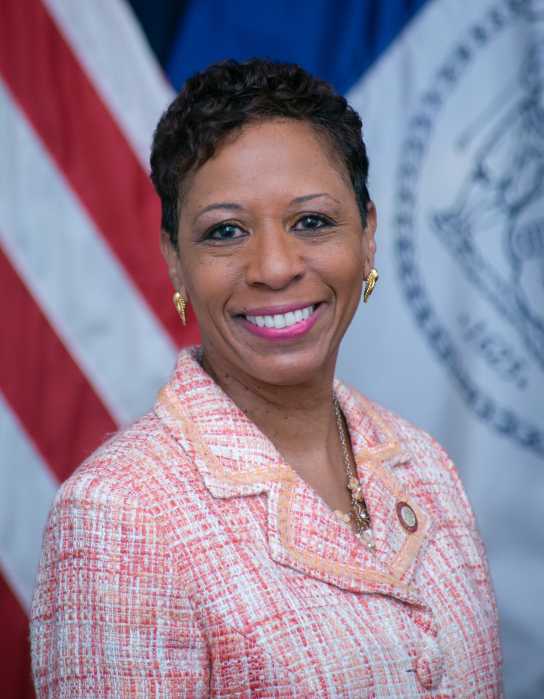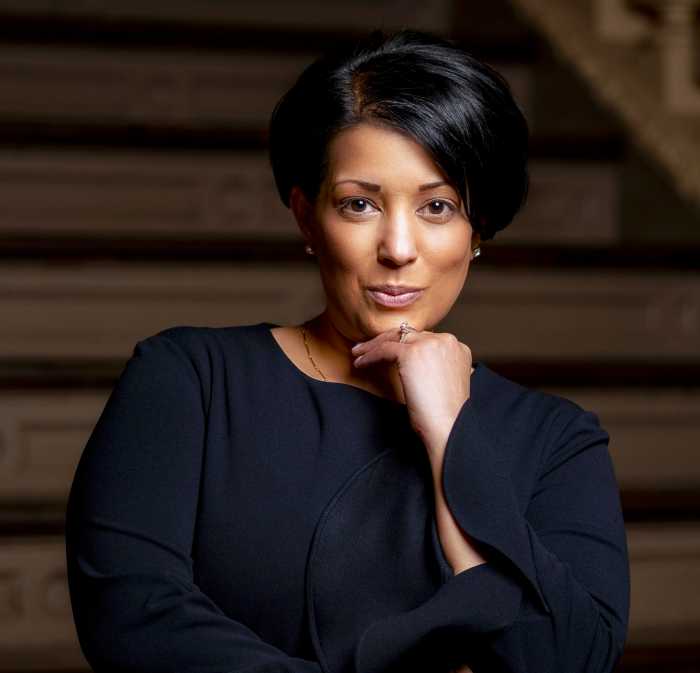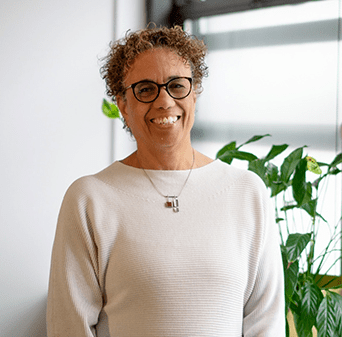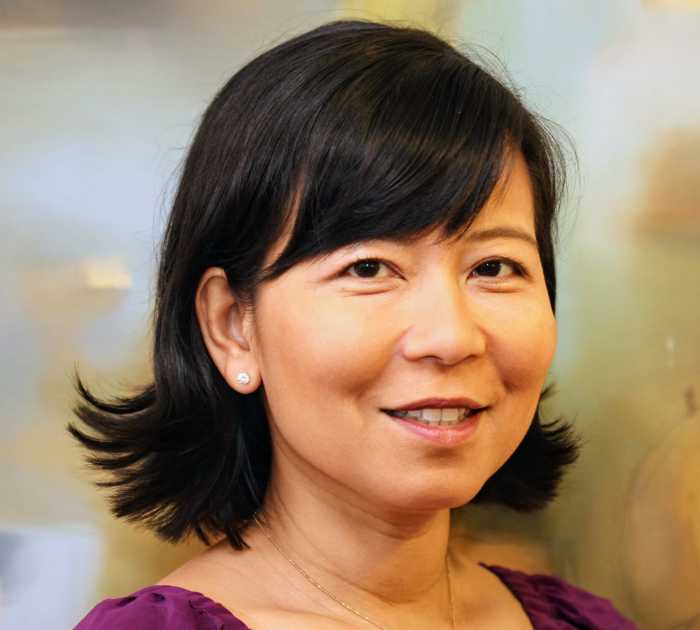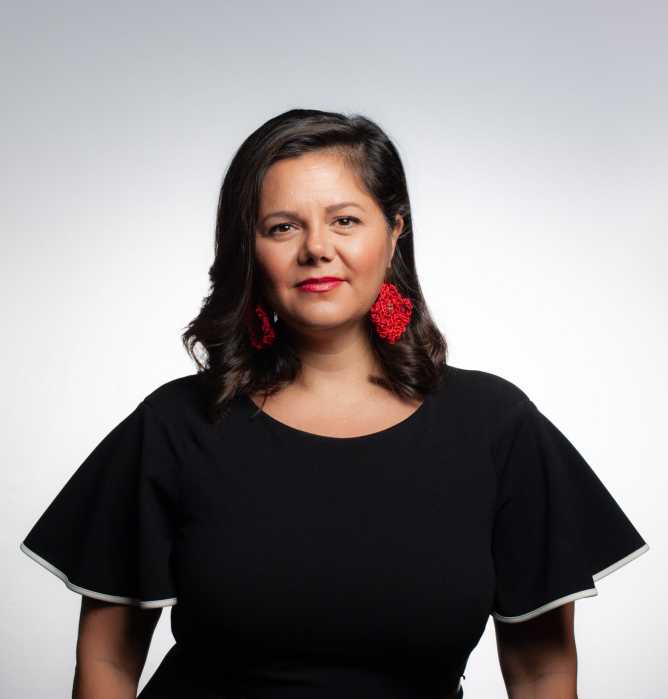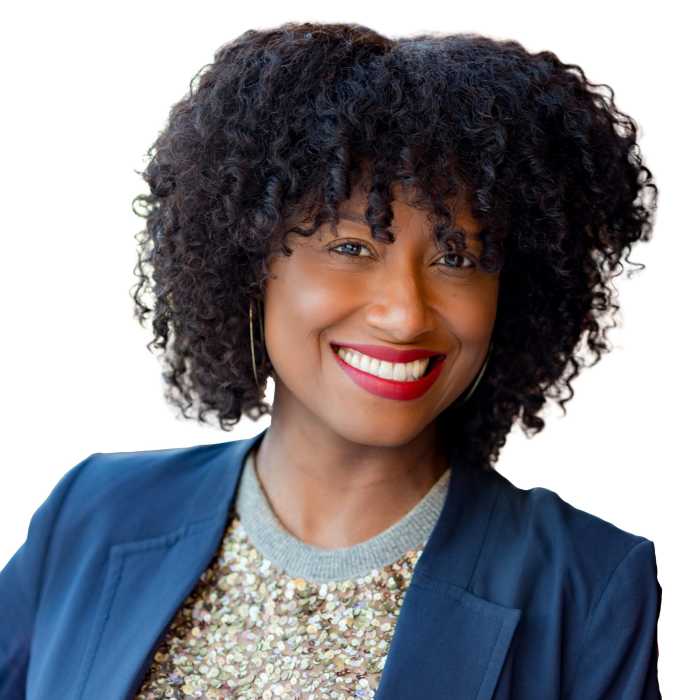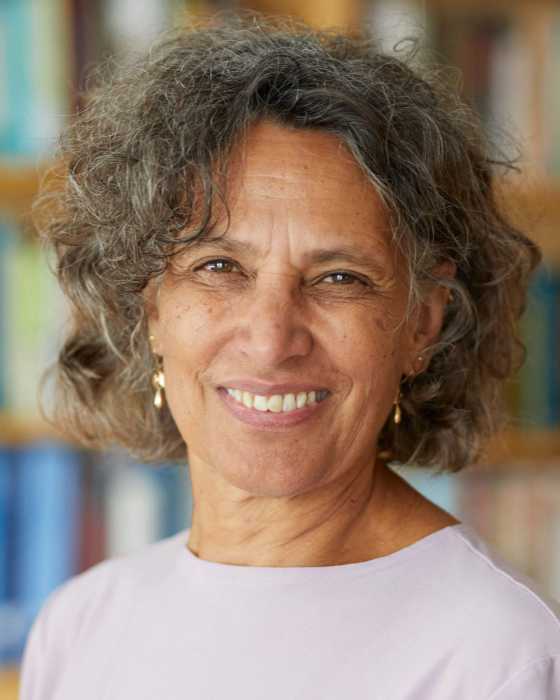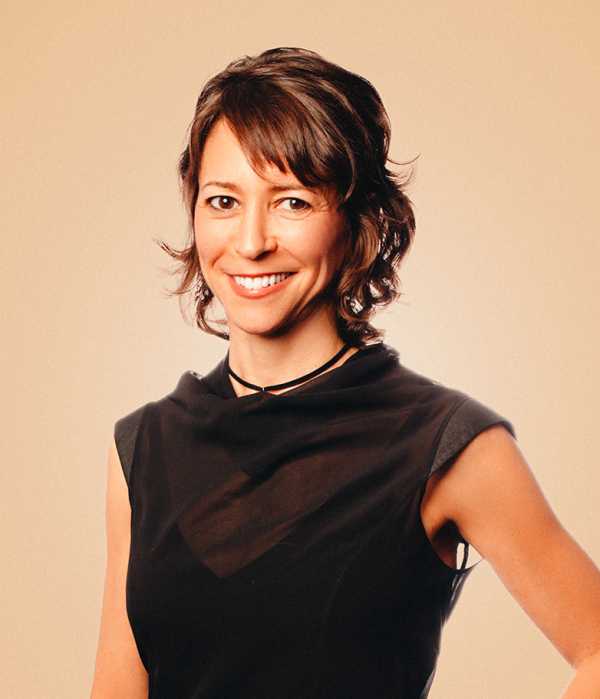Adrienne E. Adams is the speaker of the New York City Council, leading the most diverse and first women-majority Council in city history as the body’s first African American speaker. She is also the first woman to represent District 28, encompassing the neighborhoods of Jamaica, Richmond Hill, Rochdale Village, and South Ozone Park. Speaker Adams previously served as chair of the Public Safety Committee and co-chair of the BLAC. Prior to the City Council, she served as chair of Queens Community Board 12 and worked as a corporate trainer.
What steps still need to be taken to increase gender parity?
Women, particularly women of color, are still paid less than men for equal work. While the City Council has passed a salary transparency law for city employers, more work is required to address pay inequity. Increasing representation in various fields, including government, and at the highest levels is also critical to achieving gender parity. This historic City Council features our city’s first women-majority, which is a major milestone, placing women in some of the most important positions of leadership within the Council.
What can New York policymakers do to support the interests of women across the state?
Lawmakers can support policies, legislation, and investments that support women and families, such as expanding access to affordable child care, creating safer and more equitable workplaces, and preventing gender-based violence. Policymakers can also work together with advocates and experts to identify priorities and needs that require immediate action.
If you could have dinner with any three women from history, who would they be and why?
I would have dinner with Dr. Maya Angelou, who was the keynote speaker at my graduation from Spelman College; Shirley Chisholm, the first Black woman elected to Congress and to run for president; and Fannie Lou Hamer, a civil rights leader who organized Freedom Summer in 1964.
What advice or wisdom would you share with a younger version of yourself?
I would tell a younger version of myself to believe in yourself — you are good enough just by being you. Never stop dreaming and BELIEVE in your dreams.


